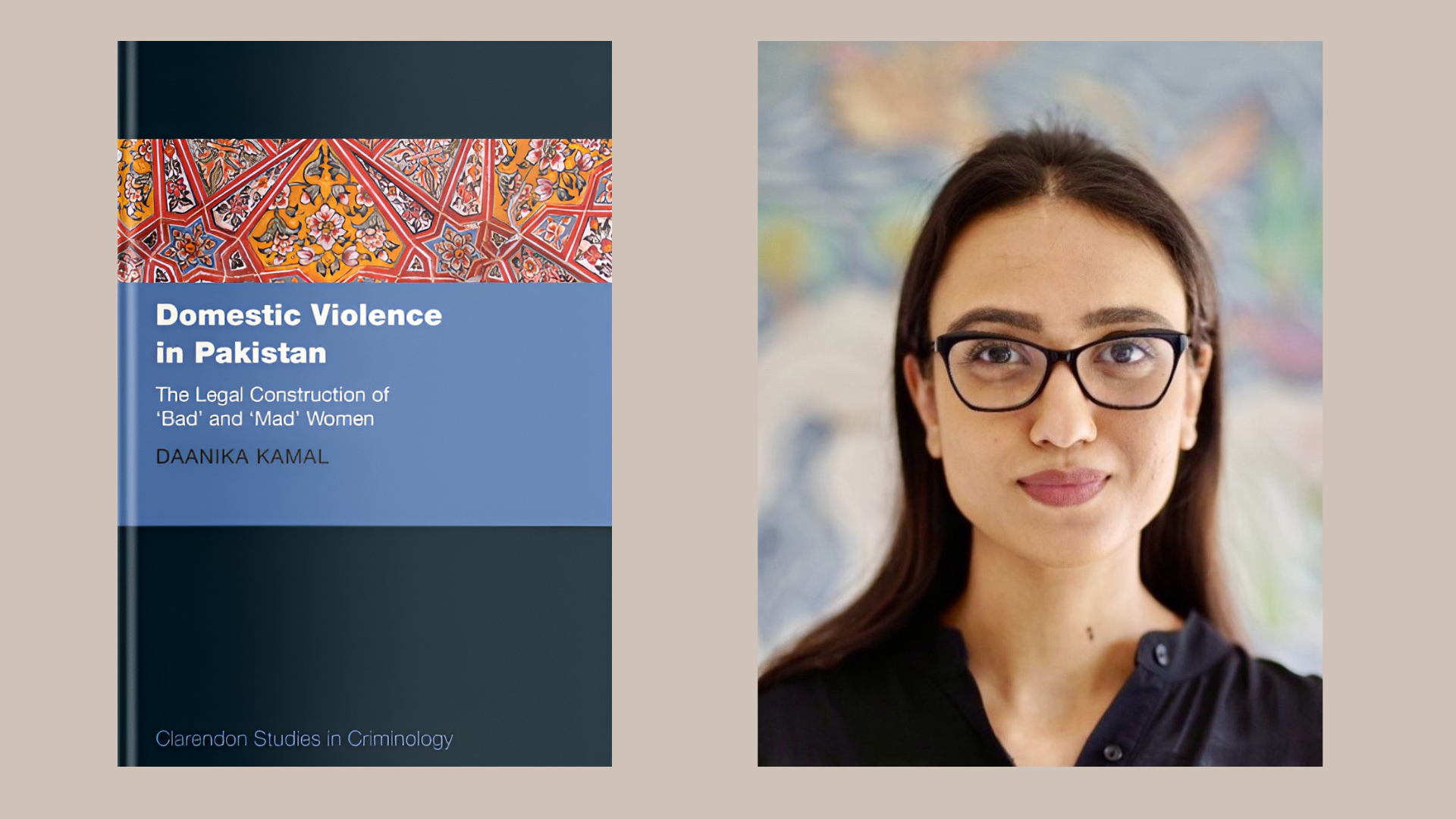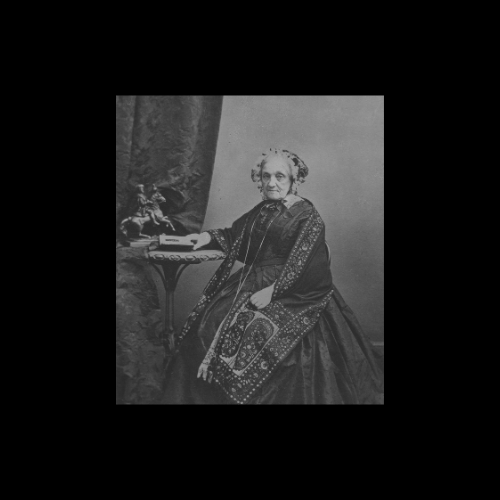A book published by Dr Daanika Kamal from the Department of Law and Criminology at Royal Holloway highlights how women in Pakistan are increasingly pursuing legal avenues against acts of domestic violence despite being failed by their judiciary system.

Dr Daanika Kamal
After extensive interviews and research by Dr Kamal for her book, Domestic Violence in Pakistan: The Legal Construction of ‘Bad’ and ‘Mad’ Women, Dr Kamal finds that women’s claims are often dismissed through character allegations that label them as ‘bad’ women in need of control, or ‘mad’ women not to be trusted.
The book explores why the subjectivities of women victims are structured in particular ways, and how these prejudices are captured and negotiated in the Pakistani legal system.
Based on an analysis of more than a hundred case files and judgements, seventy-two interviews, and court observations in three cities of Pakistan, the book shadows the experiences of women victims of domestic violence in both criminal law and family law proceedings.
Dr Daanika Kamal said: “I wrote this book to highlight the gendered legal practices that are considered ‘normal’ and ‘common’ in the Pakistani legal system and therefore often ignored.
“By bringing the voices of women who have experienced domestic violence to the forefront, I wanted to highlight the use and impact of adversarial defence strategies and question whether the courtroom can instead be imagined as a space that recognises and values stories grounded in lived experience.
“I also wanted to examine the broader implications of expanding legal definitions of domestic abuse to include psychological and emotional harm, as seen in recent legislative developments in Pakistan, the UK and globally.
“While such expansions are vital for capturing the full scope of coercive relationships, and to acknowledge the complex relationship that exists between domestic abuse and mental health, they may also be (mis)used to reinforce harmful tropes relating to the 'mad' woman.
“In doing so, they risk allowing defence strategies to weaponise the psychological impacts of abuse against complainants in an attempt to undermine women’s credibility and silence their narratives within legal proceedings.”
The book further captures and offers insights into how societal narratives minimise and silence women’s harms, from the deployment of police mechanisms that assist in maintaining the ‘secrecy’ of familial violence, to the application and enactment of boilerplate law strategies to present alternative legal ‘truths’.
It has been published by Oxford University Press as part of the Clarendon Studies in Criminology series, edited under the auspices of three criminological centres: the Cambridge Institute of Criminology, the Mannheim Centre for Criminology at the London School of Economics, and the Centre for Criminology at the University of Oxford.

























